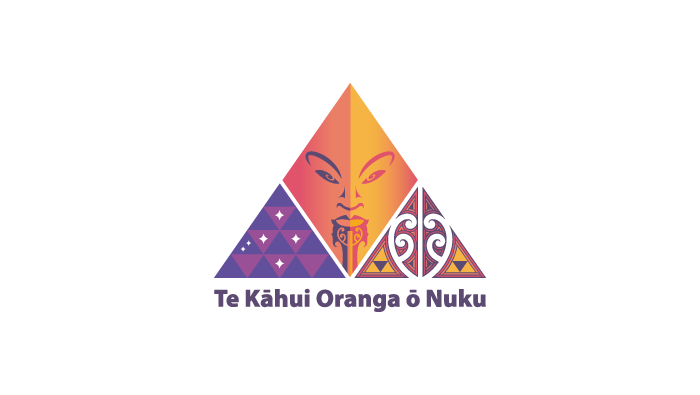The Royal Australian and New Zealand College of Obstetricians and Gynaecologists (RANZCOG, the College) calls for action following the release of the landmark report “Femicide: Deaths resulting from gender-based violence in Aotearoa New Zealand” by Te Tāhū Hauora Health Quality & Safety Commission.
The report reveals alarming statistics that demand urgent attention from the maternity care sector. Suicide remains the leading cause of maternal death in New Zealand, with 63% of these women having experienced family violence. This figure likely represents a significant undercount as most violence goes unreported to authorities. Shockingly, 40 perinatal deaths annually are linked to family violence, more than double the number of female homicides which sits at 16. From 2020–2022, perinatal deaths related to violence rose sharply compared to 2018–2019.
RANZCOG emphasises that violence against pregnant women is a violation of reproductive autonomy and the right to safe motherhood. Attacks targeting the abdomen, often causing placental abruption and fetal death, are among the most brutal forms of gender-based violence.
“Every maternal suicide or perinatal death due to violence is a preventable tragedy,” said Dr Susan Fleming, RANZCOG Vice President. “Our duty of care extends beyond clinical practice to ensuring women’s safety.”
The report also exposes stark inequities, particularly for Māori women and babies. Wāhine Māori experience substantially higher rates of family violence homicide. Over half of maternal suicide victims with recorded family violence histories were Māori, despite being a smaller percentage of the population. Disturbingly half of all maternal suicide victims were aged 25 or younger, highlighting the vulnerability of young mothers.
Despite the best efforts of clinicians working within a chronically underfunded and overburdened system, the reality remains clear: the system is failing women. In 58% of maternal suicide cases, there was evidence of inadequate service provision. Dr Susan Fleming stated:
This report exposes a public health crisis that demands urgent action – not only from our profession, but from the wider healthcare system and policymakers. Maternity must be recognised as a critical juncture in life, where women face heightened risks. We cannot continue to fail the women and babies in our care who are experiencing violence.
The College supports the recommendations in the report and identifies several immediate priorities:
- Maternity care providers need training on identifying and responding to family violence, including understanding the link between violence, mental wellbeing, and pregnancy outcomes.
- There is an urgent need for the development of locality-appropriate, culturally aligned support services for hāpū māmā and pregnant women, particularly for Māori women who face disproportionate risks.
- Comprehensive maternal mental health services during pregnancy and after pregnancy loss, and bereavement care pathways specifically designed for women who have experienced violence need to be developed.
- Systematic collection of data on violence exposure, ethnicity, disability status, and migrant status is essential to better understand and address these disparities.
While the findings are sobering, RANZCOG acknowledges several developments that provide a promising foundation for change.
The Ministry of Health’s recent release of a Suicide Prevention Action Plan 2025-2029 demonstrates government commitment to addressing this critical issue through comprehensive, coordinated approaches.
The Kahu Taurima programme is working to strengthen maternity and early years care across Aotearoa, with a focus on equity, accessibility, and whānau-led care.
The developing Maternity Commissioning Framework offers opportunities to embed violence-informed care and culturally responsive services into regional maternity service design.
“This report presents some hard truths,” Dr Fleming concluded. “We must not let discomfort with these findings stymie us from taking action to protect the most vulnerable women and babies in our communities. The foundations for change exist – we must now ensure these are implemented with the urgency this crisis demands.”
RANZCOG commits to working with government agencies, Māori health providers, community organisations, the New Zealand College of Midwives and the Kahu Taurima programme to support the critical reforms required to address this crisis.
Media enquiries
Catherine Coooper
Executive Director Aotearoa New Zealand, Global Health & Foundation
Email: ccooper@ranzcog.org.nz
Phone: +64 21 137 0748
Support services
If you or someone you know needs help:
- Family Violence Helpline: 0800 456 450
- Women’s Refuge: 0800 733 843
- Suicide Crisis Helpline: 0508 828 865
RANZCOG acknowledges the women and families behind these statistics and commits to honouring their memory through meaningful action.



